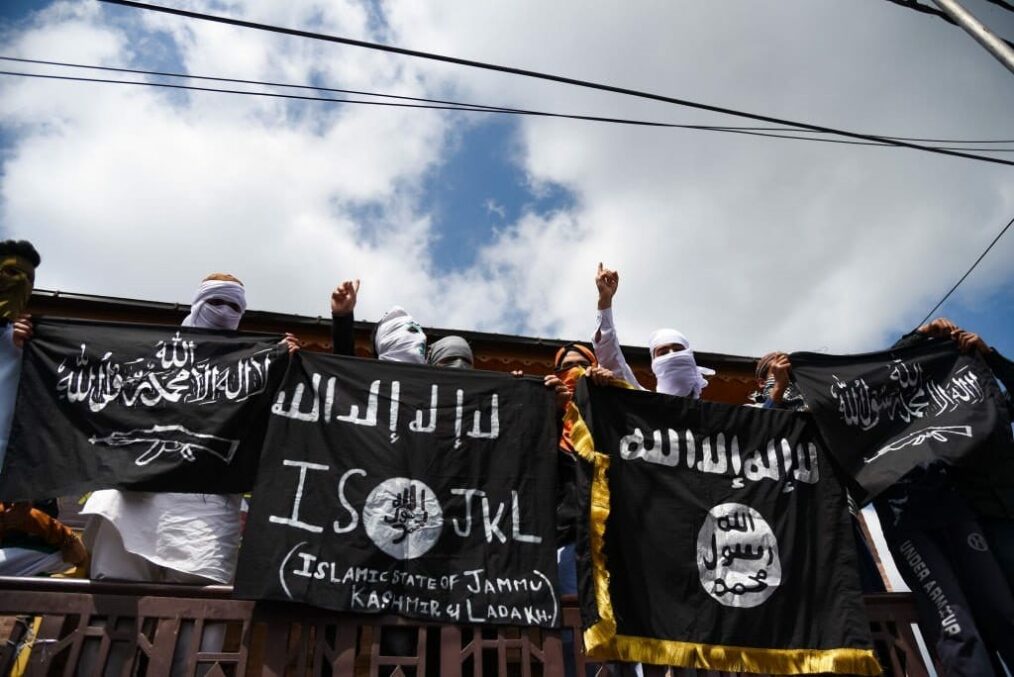
The Growth and Impact of ISIL in Mozambique: The Difficulties to Defeating their Insurgency
Mozambique’s conflict with the Islamic State of Iraq and the Levant (ISIL) has experienced a notable increase in the level of violence within the last year. Although active in the region since 2017, it is only more recently that ISIL’s attacks have escalated in both frequency and severity. The bloodshed caused by ISIL throughout Mozambique has had an alarming impact, evident from the recurring raids on innocent villagers and the growing number of casualties, as seen by the increasing rate of people beheaded or raped.
Furthermore, the details of these raids have become even more brutal and cruel in recent times, in that dozens of the decapitated victims have been young children. This not only serves to highlight the extent of terrorism within the state but its rapid escalation. This merits further discussion and analysis, as it arguably provides an indication as to the future of the insurgency, whether ISIL extremism will continue to grow and intensify, or if they will be ultimately defeated.
All throughout the country, thousands of citizens have been reported as missing or misplaced as ISIL target their communities at a shocking rate from previous years of the conflict. The statistics reveal that the increase has multiplied several times over, with 172,000 misplaced in the spring of 2020 to over 732,000 this spring one year later. This demonstrates the impact that ISIL has had on a multitude, which has grown exponentially within a relatively short timeframe. This, therefore, illustrates the extent of their power as a terrorist organization.
To further expand upon this is ISIL’s attack on the town of Palma last March. Although the local security forces were reported to have secured control of the town and defeated the terrorists, ISIL’s actions certainly left their mark there, with multiple buildings destroyed, several dozen military personnel killed and beheaded bodies covering the streets. The main image that can be taken from this fight in Palma is the barbarity and destructive power of ISIL. The counterinsurgencies victory and claim to have retaken the town pales in significance and impact when the atrocities of ISIL are brought to attention.
Upon examining the level of violence by the terrorists, the success of the security forces appears to be a mere detail in comparison to the widespread brutality of the insurgency. The extent of this is that ISIL activity nowadays seems to capture the spotlight whenever their presence is noted, their reputation and crimes far more prominent than the efforts of those who try to stop them.
This interpretation shows an alarming undertone as it can be argued that, regardless of whether ISIL wins or loses its battles with Mozambique’s forces, it leaves behind a clear atmosphere of death and destruction and from this an obviously daunting degree of fear. This fear is evident in that that so many citizens have been misplaced due to the terrorists; hundreds alone fled during the fighting at Palma.
So many in Mozambique clearly feel greatly threatened by the presence of ISIL. Thus, the danger that this organization presents cannot be understated. Indeed, this is apparent given that the primary goal of a terrorist is not always to overthrow a regime, but rather to spread chaos and terror amongst their victims. From this, it can be argued that ISIL is becoming more and more successful when discussing its actions, reputation, and infamy.
A worrying thought that comes from the Palma attack is that, on a certain level, the efforts of Mozambique police and military make little difference. If they are defeated in battles with ISIL, this increases the terrorists’ strength and reputation and damages the state’s morale, as well as likely resulting in a large number of deaths in both security personnel and civilians. However, even if the counterinsurgency technically defeats ISIL, as seen by the fight in Palma, the terrorists will still have been successful in their goal of causing casualties and spreading fear amongst a multitude. It can be determined from this that ISIL stands to gain whatever the outcome of their skirmishes and perceivably always one step ahead of the authorities.
In order to combat them, it has been more recently announced that multiple allies of Mozambique from other regions of Africa have promised to contribute their forces to the effort to eliminate ISIL, whilst Portugal and the United States have been providing training for Mozambique’s troops. Although the results of this are yet to be seen, it makes sense that a strong international backing is likely to increase Mozambique’s chances of defeating ISIL in the long-term. Whilst ISIL is fearsome and enjoys clear advantages in their conflict, it must be remembered that they had a similar experience in the Middle East, yet were successfully driven out. The same can occur in this current conflict. The combined efforts of multiple nations focused on overwhelming ISIL appear to be the best option to ending terrorism in Mozambique.
Overall, it is clear that the extent of ISIL activity and its impact on Mozambique is significantly growing. Furthermore, the threat they pose may also increase and become more serious. Unlike with other conflicts, ISIL terrorism is likely to continue to remain strong as the results of their fighting with local security forces appear to have less consequence for them. So long as they are able to spread chaos and fear, they remain a successful threat.
From this, it is apparent that ISIL is likely to be successful from its current methods. Their position as terrorists makes their ambitions, whilst highly cruel, simpler and easier to accomplish than those of counterinsurgent forces, placing them at an advantage. Despite this, they are not unbeatable and there is hope that the foreign support Mozambique has received will be enough to ultimately defeat ISIL.
